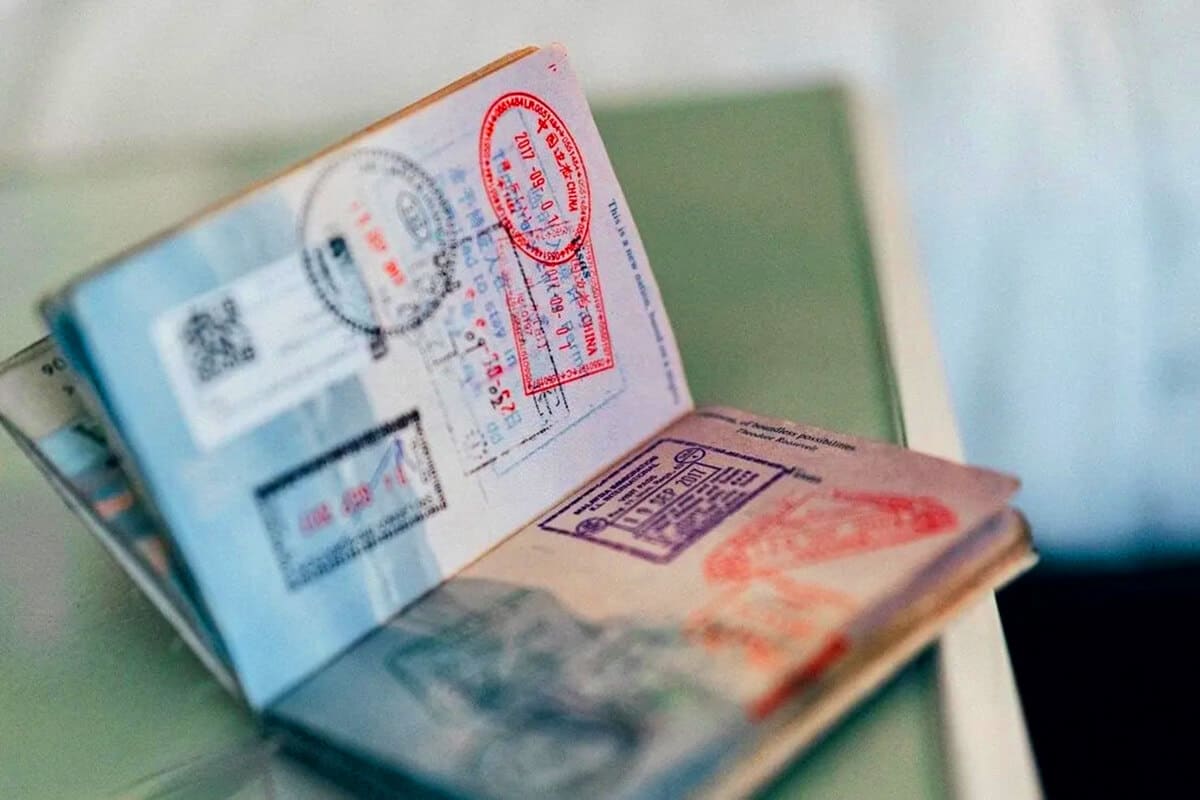
With working from home the new normal for millions of us, measures that make it easier to be self-employed in a country other than our own are always welcome. Spain’s digital nomad visa does just that and intends to make it easier for freelancers who work remotely while living in Spain.
The new visa will come as a particular relief to British citizens whose previous options were curtailed by cost and onerous paperwork. And the fact that Spain’s digital nomad visa comes with tax benefits will be music to all freelancers’ ears.
In this guide, we look at the main aspects of the new visa.
What’s the main objective of the digital nomad visa?
The new visa has two main objectives:
- The first is to attract new talent to Spain, particularly in the digital and tech sector. Not for nothing is the visa part of a package of new measures https://www.lamoncloa.gob.es/consejodeministros/resumenes/Paginas/2021/101221-rp_cministros-extraordinario.aspx designed to facilitate paperwork for startups, new businesses and entrepreneurs.
- The second aims to make it easier for digital nomads, freelancers and so-called techpats to live and work in Spain.
Who’s the visa for?
Spain’s digital nomad visa is intended for non-resident individuals working remotely from Spain. It will allow them to apply for a residence permit and stay in Spain for up to five years.
Is it for freelancers of any nationality?
Yes, and anyone will be able to apply for it. However, the visa is mostly conceived for non-EEA nationals. They include British citizens whose residence options have been severely limited since Brexit.
Spanish nationals who have lived and worked outside Spain for the last five years can also apply for the digital nomad visa.
Does it include tax benefits?
Long-term visa options rarely come with tax benefits, but the new digital nomad visa does and it’s expected that this aspect will be one of the most successful in appealing to new talent.
Specifically, holders of this digital nomad visa would qualify for a reduced rate of non-resident income tax. They would pay 15% instead of the regular 25% for up to four years. The reduction represents considerable tax savings for freelancers in all tax brackets.
Does the new visa make provision for family members?
Yes, and this is another of its main attractions. Holders of the visa would be able to bring close family members to Spain including spouse and children.
Will there be any property requirements for this visa?
Unlike some visa options that require you to show proof of accommodation or property ownership, such as a Golden Visa, the digital nomad visa doesn’t.
When does Spain’s digital nomad visa come into play?
There isn’t an official date yet, but analysts believe it will be in place by summer this year. The government presented the draft law to the Spanish Parliament last December and it’s currently at the negotiating stage. This process could be lengthy if there are objections to its content or significant modifications are required.
However, the draft legislation was generally well-received by political groups at the time of its presentation, so its passage through parliament should be relatively straightforward.
Stay tuned to our blog for the latest news on Spain’s digital nomad visa or sign up for our Newsletter.
What other options are currently available?
You have various options if you’re a non-EEA citizen and want to live and work in Spain. They include:
Investment Visa – also known as the Golden Visa, this option allows you to live in Spain, but you don’t have to be a tax resident in the country or stay for a minimum period of time each year. Your dependents can also benefit from inclusion on your visa. This visa requires a minimum investment of €500,000 in property in Spain or €1,000,000 in stocks and shares.
Non-lucrative visa – this option is popular with foreigners who wish to retire to Spain (it doesn’t allow you to work). However, it isn’t cheap because it requires you to show proof of monthly income of at least €2,300 and take out an annual health insurance policy.
Regular visa – these visas are for employed individuals, self-employed business owners and for highly-qualified professionals. They have an onerous application process with numerous requirements.
Find out more about all types of Spanish visas. https://www.schengenvisainfo.com/spain-visa/uk/
What next?
If you like the sound of living and working in the sun with the new digital nomad visa, why not start your search for your perfect home now? Get in touch with us with your requirements and we promise to find the home that will move you to a new life in Spain!








